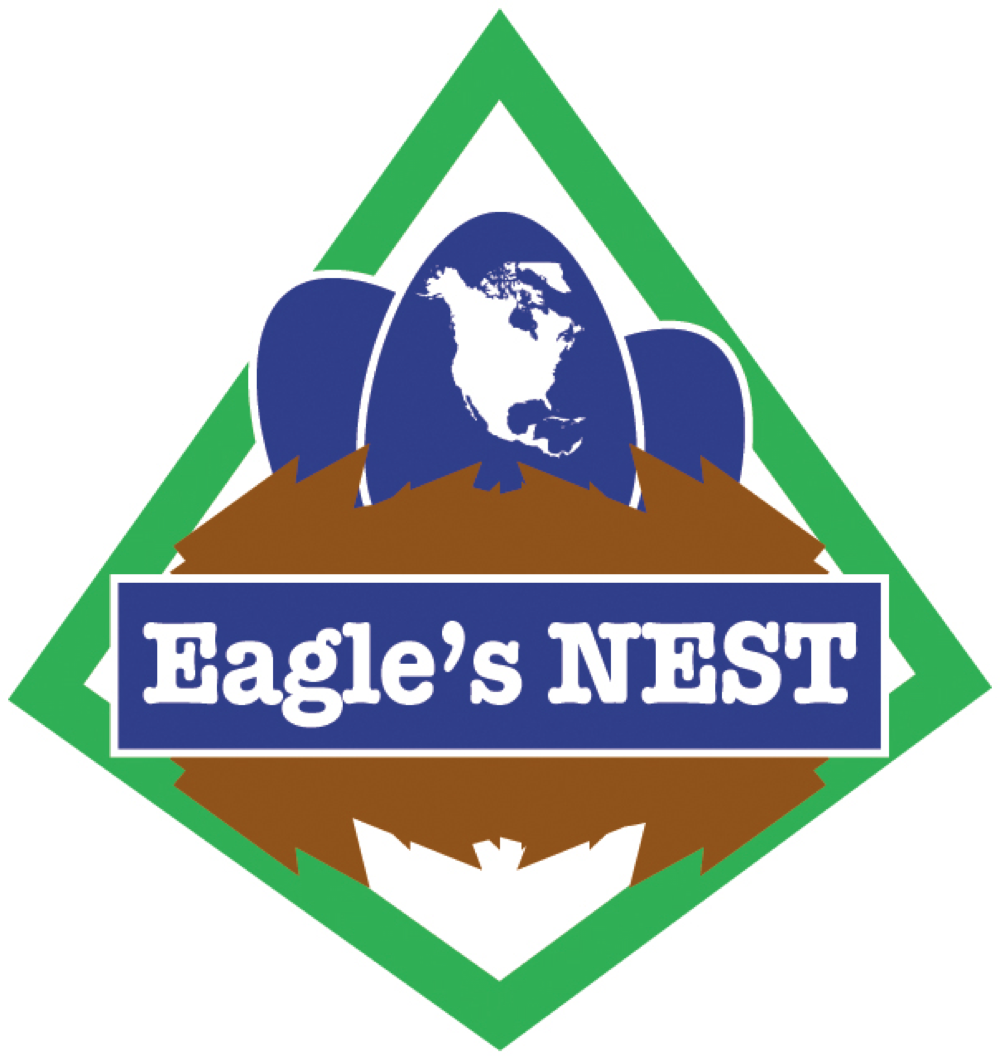A Collective Yawn
Recently I gathered all my energy, experiences and efforts to start a faith based environmental and conservation nonprofit group called Eagle’s NEST US. I did this because I felt that we as individuals and communities were not always taking the idea of stewardship of God’s creation as seriously as we should. There was much more we could learn and much more we could do. In a two-fold vision strategy, I set out to work with both faith and non-faith focused individuals and organizations.
Since Eagle’s NEST’s beginning, there have been many encouraging words and actions from faithful people. Yet, I have also found that there seems to be quite a bit of apathy from many in the faith community in regards to caring for God’s creation. On a recent, somewhat discouraging, day after sharing the “creation care” message with a group of really wonderful people, some nodded their heads up and down, mostly for the sake of politeness, but there was little else. Shortly thereafter, I was speaking with someone and lamenting about this seemingly polite apathy, he responded in agreement, “Yeah, sometimes it’s like they just don’t care”. I find the current state of apathy disheartening, because if anyone should care about God’s gifts to us, the natural world and its resources, it should be His followers. (Let them give thanks to the Lord for his unfailing love and his wonderful deeds for mankind … Psalm 107:8)
Fortunately, there are many people of faith who do truly care, and we need to keep reminding ourselves of that … and to be encouraged because of the main reason why we MUST care. It is because God calls us to care. He called us to be caretakers, protectors of what He has given us. Caretakers for our future generations. (Then the Lord God took the man and put him in the Garden of Eden to work it and take care of it. Genesis 2:15)
Very soon though, I was reminded once again of why we must care, in a vivid and vital way. The World Wildlife Fund (WWF) had just put out their most recent Living Planet Report., a report that is one of the most extensive and accurate studies and calculations of the world’s wildlife populations - the over 3,000 species that occupy it. The WWF report states that between 1970 and 2010 – only a 40 year stretch of time – the world’s populations of wildlife (fish, birds, mammals, amphibians and reptiles) declined by over 50%. This was a stunning revelation, yet what have we heard in the days since? Basically a collective yawn, and yawns are usually silent. Not only are yawns silent, but yawns exhibit a lack of activity and, when noticed, they are embarrassing for us.
The Living Planet Report further states that human demands, on wildlife and other natural resources, are now 50% more than nature can sustain. In other words, humans need one and a half earths to meet their current demands. Wild lands are being stripped and felled, groundwater is being pumped to levels of severe deficiency and carbon dioxide being emitted at record levels – all at more rapid rates than the earth can sustain.
Below is some important data from the WWF report.
Wildlife Population Decline by Category:
- Overall species population loss – 52%
- Freshwater species population loss – 76%
- Terrestrial species population loss – 39%
- Marine species population loss – 39%
Main Threats to Wildlife Species:
- Degradation, Change in, or Loss in Habitat – 44.8%
- Exploitation – 37%
- Climate Change – 7.1%
- Invasive Species – 5.1%
- Pollution – 4%
- Disease – 2%
The Director of Science at the Zoological Society of London cautions, “The damage is not inevitable but a consequence of the way we choose to live”.
So, we should care, Eagle’s NEST cares! Eagle’s NEST has a mission of providing quality creation education leading to better environmental integrity and conservation. This week was a vivid reminder to me of the reason for our mission.
WWF International Director, General Marco Lambertini put out this warning, “There is no room for complacency”. Or, I might add, “Yawns”.
Over 50% in 40 years … during OUR lifetime. Here’s a little bit of etiquette advice, “We might want to cover our mouths as we yawn, future generations are watching us”.
Sources:
NBC News – World has lost half its wildlife in the past 40 years: WWF (9/30/2014)
ABC News – Wildlife populations plummet for 3,000 species (9/30/2014)
CNN – WWF: World has lost more than half its wildlife in 40 years (9/30/2014)
